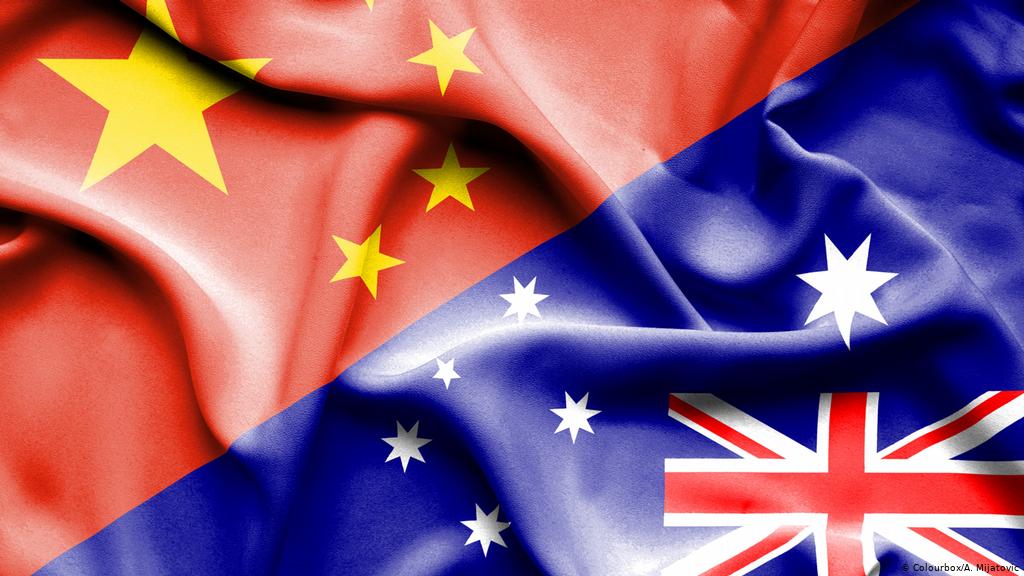China, Australia delay decision on barley tariffs by a month

China and Australia have reached an agreement to postpone the decision on whether to eliminate tariffs on Australian barley exports by one month.
“China has now requested this one month extension, which we have agreed to,” a spokesperson for Foreign Minister Penny Wong and Trade Minister Don Farrell said in a statement sent to EFE.
In 2020, during heightened diplomatic tensions between the two countries, China imposed 80.5 percent tariffs on Australian barley for a five-year period. The move significantly impacted the commercial ties between the two sides.
To address the dispute, the Australian government initiated a mediation process against China’s barley tariffs at the World Trade Organization.
In April, Australia temporarily suspended the WTO case for three months to allow for an “expedited review” of the tariffs. The suspension may be extended by another month if necessary.
“The Australian government has been clear in our view that there is no justification for these duties and that it is in both countries’ best interest for all trade impediments to be removed,” the spokesperson said.
“While we are disappointed China’s review could not be completed within the initial three months – we remain hopeful the impediments will be lifted in the near future.”
The spokesperson said if China did not remove the duties “at the end of the four-month period, Australia will resume the dispute in the WTO.”
The 80.5 percent tariff has effectively wiped out the Australian barley exports to China – a market valued more than $600 million in the fiscal year 2018-19.
The tariffs are part of a broader range of restrictions that China imposed in 2020 on various Australian products, including wine, coal, lobsters, and timber.
These measures were implemented after the Australian government, under then Prime Minister Scott Morrison, launched an investigation into the origins of Covid-19.
However, China, Australia’s main trading partner, denies that this was the reason for the restrictions.
Relations between the two countries have gradually improved since Labor’s Anthony Albanese assumed power in May 2022, leading to the resumption of coal trading earlier this year.
Read also
Wheat in Southern Brazil Impacted by Dry Weather and Frosts
Oilseed Industry. Leaders and Strategies in the Times of a Great Change
Black Sea & Danube Region: Oilseed and Vegoil Markets Within Ongoing Transfor...
Serbia. The drought will cause extremely high losses for farmers this year
2023/24 Safrinha Corn in Brazil 91% Harvested
Write to us
Our manager will contact you soon



